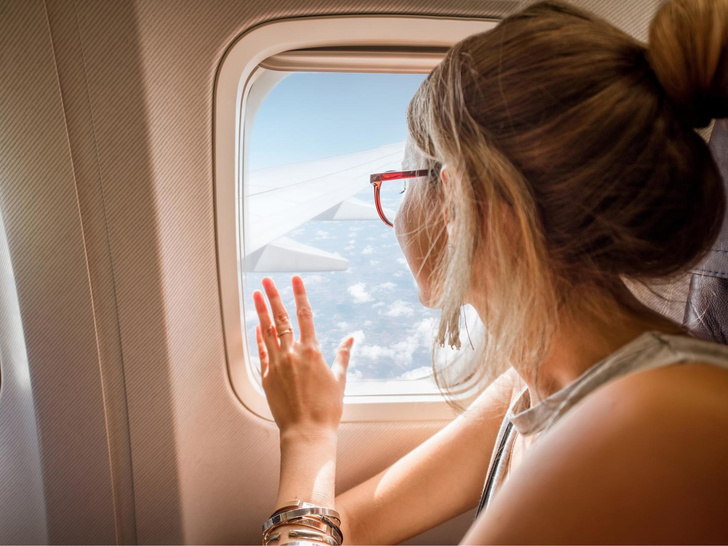
Regardless of the mode of transportation you choose for your journey, you will need to prepare in advance for your flight or car trip to ensure that the trip goes smoothly and nothing spoils your relaxation afterward.
If you plan to travel by land for an extended period, it is advisable to:
– Perform light exercises or stretching for 10 minutes every hour. Prolonged immobility increases the risk of blood clots and blood thickening. Therefore, it is important to move as often as possible.
– Remember to drink water regularly to avoid dehydration.
– Maintain a healthy diet, including fresh fruits, vegetables, whole-grain cereals, and a small amount of protein. Such foods will help maintain the proper water balance in the body.
Any flight is a significant stress that completely alters the body’s normal functioning.
It is essential to remember that the longer the flight, the stronger its impact. Dehydration, hypoxia, brain fog, decreased immunity, bloating, and discomfort in the intestines are the most common symptoms experienced by people during flights.
If you plan to travel by plane, do not forget about the following steps necessary for a comfortable flight:
Drink 200–250 ml of water every hour. Due to the low humidity in the airplane cabin, the air dries the skin and mucous membranes and accelerates dehydration of the body. If your flight lasts longer than 6 hours, it’s a good idea to prepare a sports drink with electrolytes or to periodically drink tomato juice on board.
– Avoid diuretic drinks: coffee, alcohol. They accelerate fluid loss, which can exacerbate discomfort.
– Due to the difference in pressure and stress, the digestive system begins to work differently, and the best foods during the flight will be protein and carbohydrates (cereals, pasta, buns, or sandwiches). It is better to avoid or consume fruits and vegetables in small quantities during the main meal, as they can cause digestive upset and bloating.
– Don’t forget to move. Scientists have introduced the concept of “economy class syndrome,” which means increased risks of blood clots, blood thickening, and limb swelling due to prolonged sitting in one position. Walk around the cabin when possible, do light stretching to restart the lymph flow. This will reduce the stress on the body from the flight.
– Be sure to take a long walk in the fresh air after the flight to compensate for hypoxia. This will help your brain adjust more quickly to the new location, without headaches and mental fogginess.



